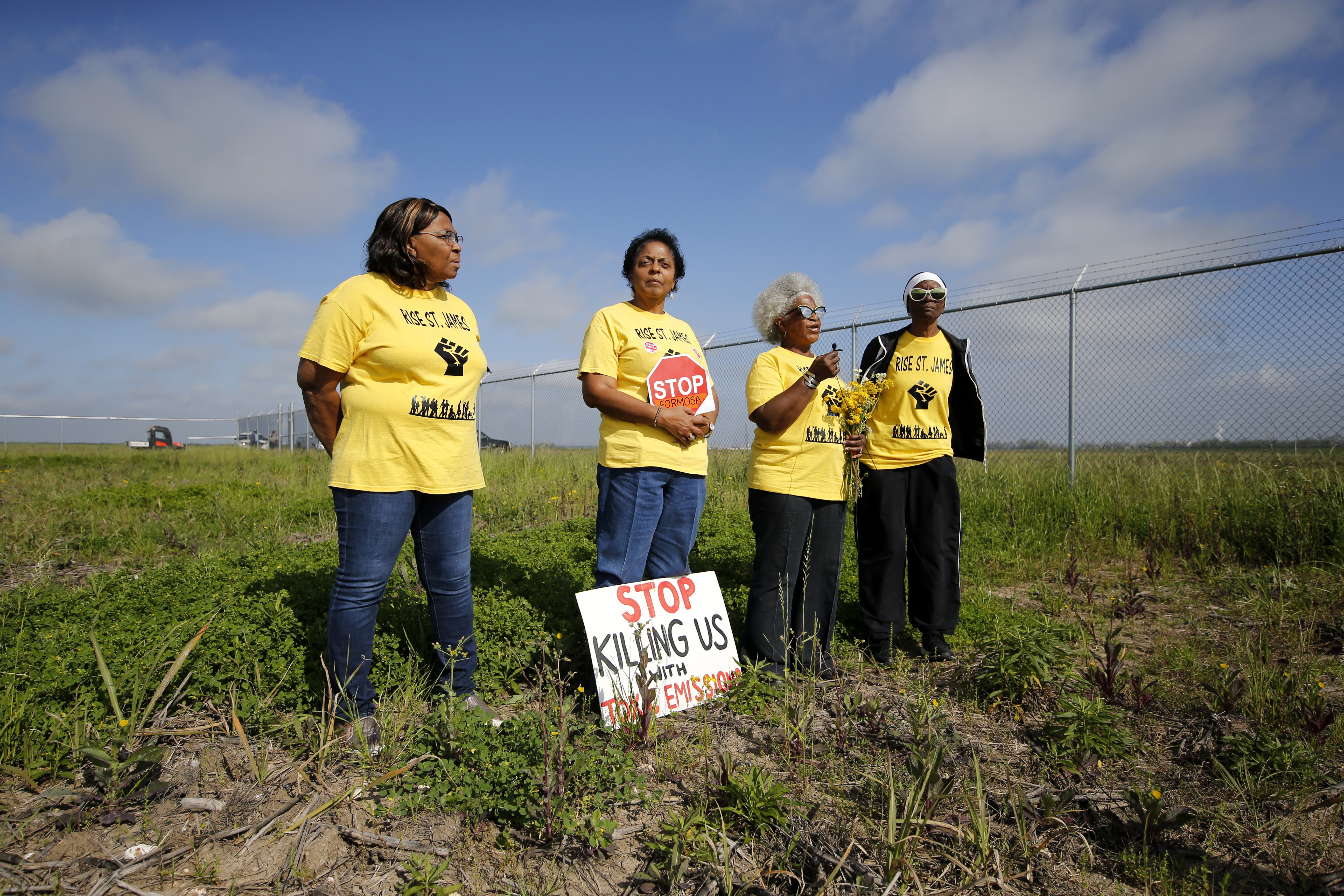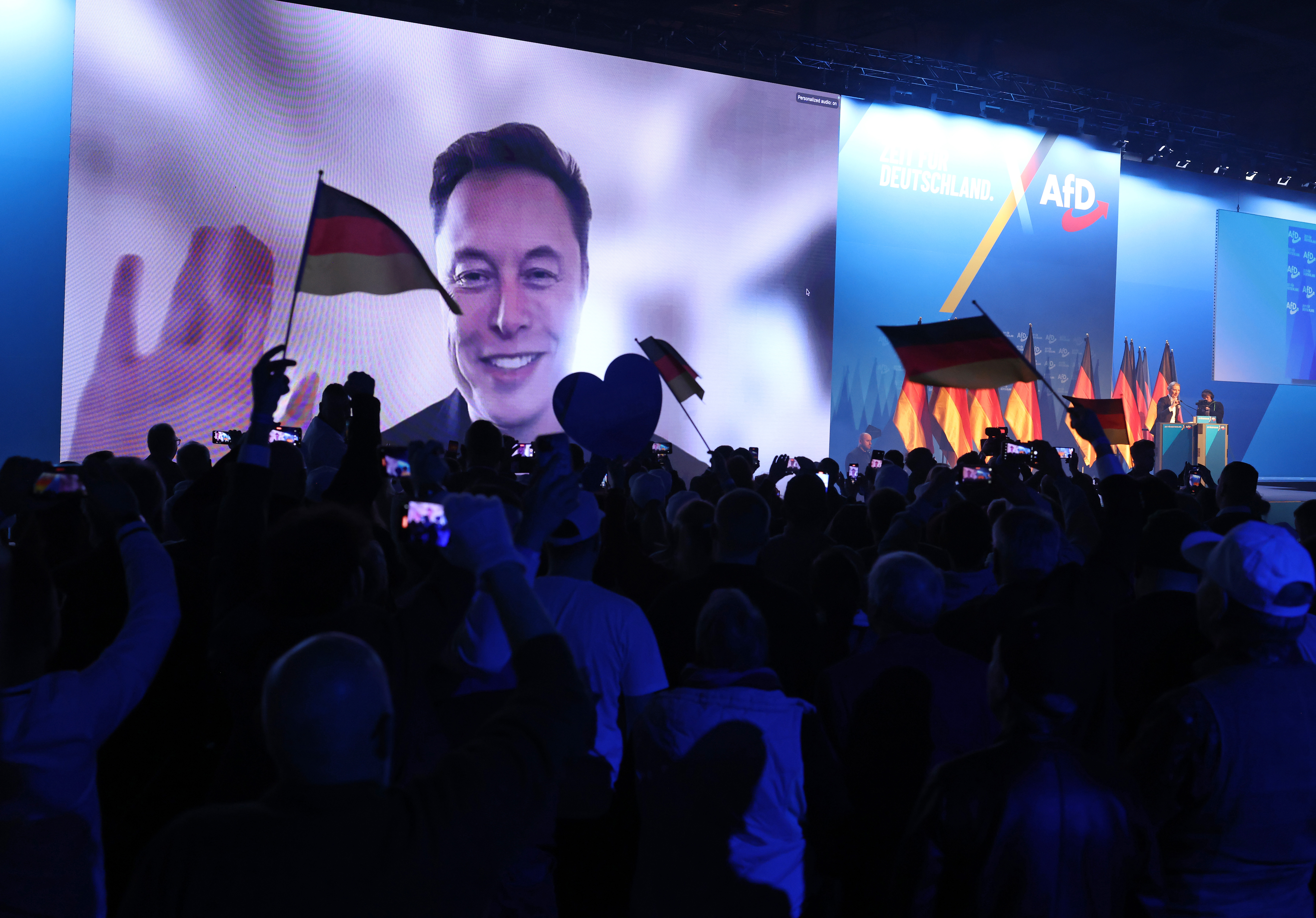Maryland’s governor says the state faces “the worst fiscal crisis in at least 20 years.” News4’s Darcy Spencer breaks down how residents will be affected by the proposed budget.
Maryland Gov. Wes Moore released a budget plan Wednesday that includes higher income tax rates for taxpayers who make more than $500,000, as well as about $2 billion in spending reductions throughout state government to address a $3 billion deficit.
The Democratic governor's proposal would create a new 6.25% tax rate for people who make more than $500,000 and a 6.5% rate for taxpayers who make more than $1 million.
Under the plan, which requires approval by state lawmakers, Moore said nearly two-thirds of state residents would receive a tax cut, with relief targeted to low- and middle-income Marylanders, and 82% will either receive a tax cut or see no change.
“And Marylanders who have done exceptionally well financially, we're going to be asking to contribute a little bit more so we can make targeted investments in economic growth and targeted investments in public safety and targeted investments in education,” Moore said at a news conference where he outlined the state's $67.3 billion budget.
We've got the news you need to know to start your day. Sign up for the First & 4Most morning newsletter — delivered to your inbox daily. Sign up here.
Helene Grady, Moore's budget secretary, said Maryland's highest-earning households currently pay the lowest share of their income in state and local taxes. She cited a finding by the Institute on Taxation and Economic Policy, which found households earning more than $700,000 pay 9% of their income in state and local taxes in Maryland, while households earning less than $30,000 pay 9.6%
“Our proposal seeks to level those differences,” Grady said.
Revenues under the governor's plan would total about $987 million. The plan also includes a proposal to increase the state's tax on table games at Maryland casinos from 20% to 25%; Maryland's tax on sports betting would rise from 15% to 30%. The state's tax on recreational cannabis would grow from 9% to 15%, a change that would be effective in July 2026.
Politics
Political news from the U.S. Capitol, White House and around Washington, D.C., Maryland and Virginia
Moore's plan also would lower the state's corporate tax rate, while implementing combined reporting to close a corporate tax loophole. Combined reporting requires subsidiaries of big businesses to add profits together, preventing multistate corporations from avoiding taxes. The idea has been considered for years by lawmakers, but has never been approved.
Moore said the actions were needed due to a long-running structural deficit that was “papered over” by emergency federal assistance during the COVID-19 pandemic.
“And now we face the worst fiscal crisis in at least 20 years, one even worse than the Great Recession,” Moore said.
The governor also noted that Maryland's economy has not been growing as fast as the national economy. From 2017 to 2022, the national economy grew by 11%, while Maryland's economy grew by just 3%, Moore said.
Part of the governor's plan also includes investments to promote economic growth in the state.
“If our economy had been growing more rapidly, we could better withstand any headwinds or any challenges that this state might face,” Moore said. “So that's why economic growth is our north star.”
The budget plan maintains a rainy day fund of about $2 billion, or about 8% of the state's general fund.
Sen. Guy Guzzone, a Howard County Democrat who chairs the Senate's budget committee, said he thought the governor did a "pretty extraordinary job of looking at everything.” Maryland lawmakers will now work for most of the legislative session on approving a balanced budget, which is required by law.
“There are things in here that I’m sure we’re going to have a little heartburn over, but we’re going to work through it all, and try to figure out the best that we can,” Guzzone said.
Sen. Steve Hershey, an Eastern Shore Republican who is the Senate minority leader, said he was encouraged the governor is trying to stimulate economic development and create jobs, though he said those efforts are likely a long-term fix. He also noted the cut in corporate taxes as positive.
“There is concern that you’re still raising taxes,” Hershey said, noting the income tax increases on wealthy residents and how a tax on millionaires during former Gov. Martin O'Malley's tenure did not do as well as projected. He also raised concerns about the potential for wealthy residents to move out of the state.
Separately, the Moore administration is proposing some tax and fee increases to help fund the state's $21.2 billion Consolidated Transportation program for six years.
The transportation funding fee includes a new retail delivery fee that would apply to companies with sales over $500,000 that would not affect small businesses. Another proposal would repeal a portion of the vehicle titling tax allowance that applies when people trade in vehicles. The allowance would not apply to vehicles that cost more than $15,000. The proposal also would raise the state's Vehicle Emissions Inspection Program fee from $14 to $30.



